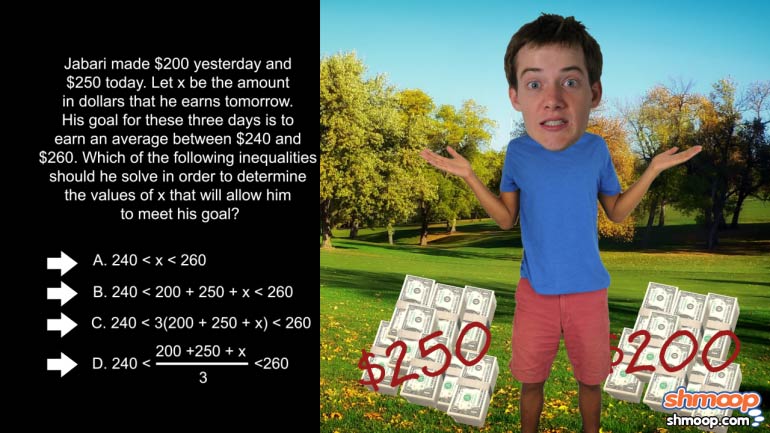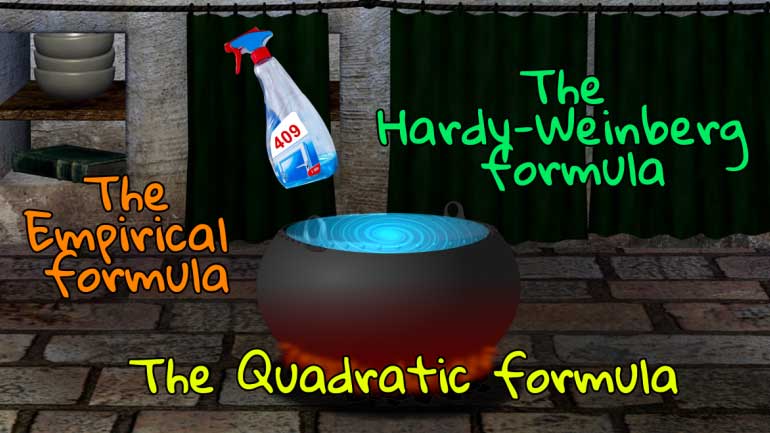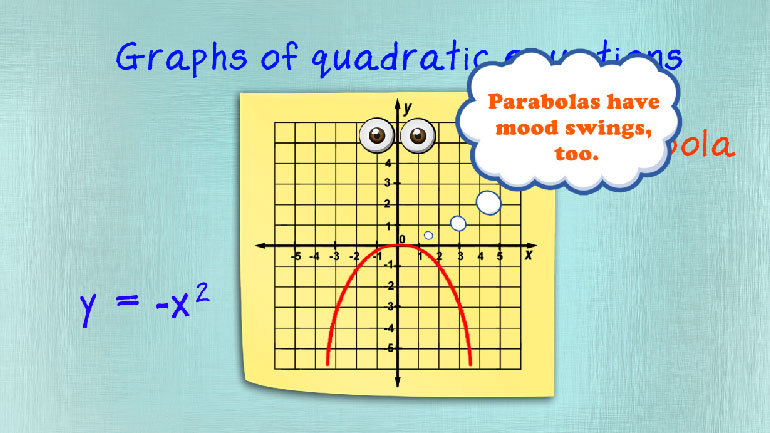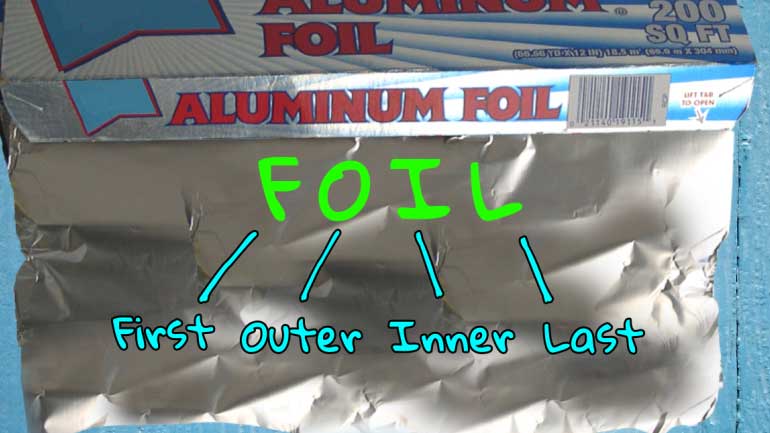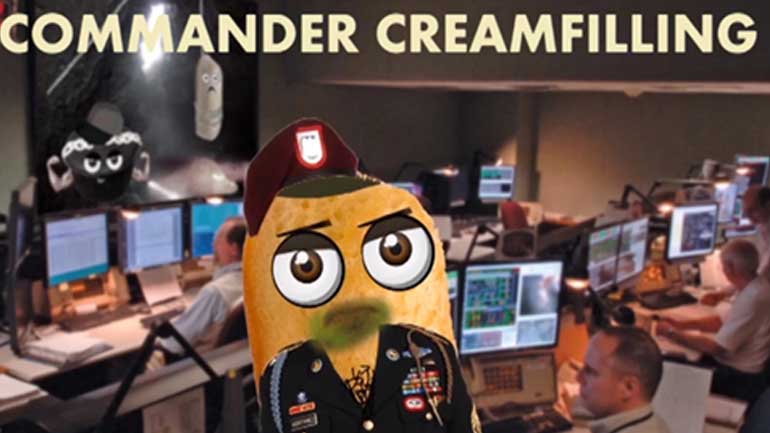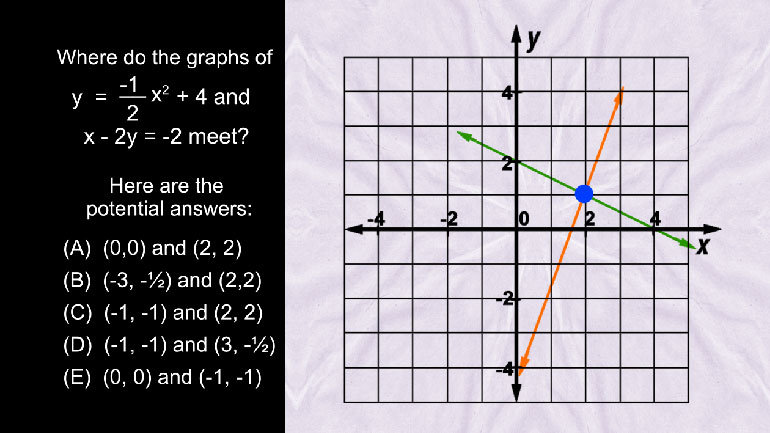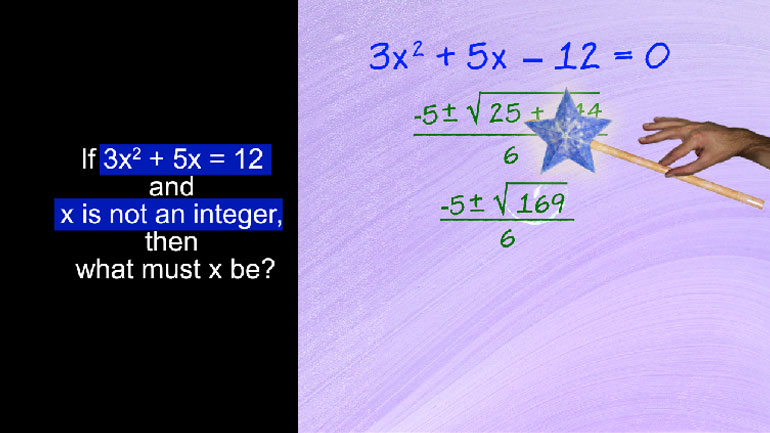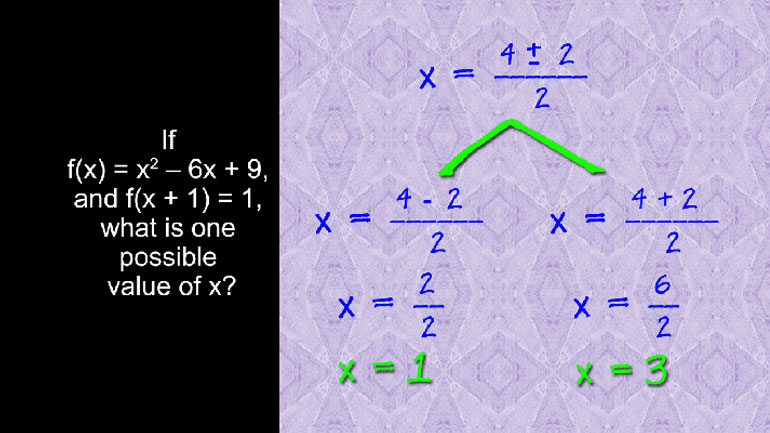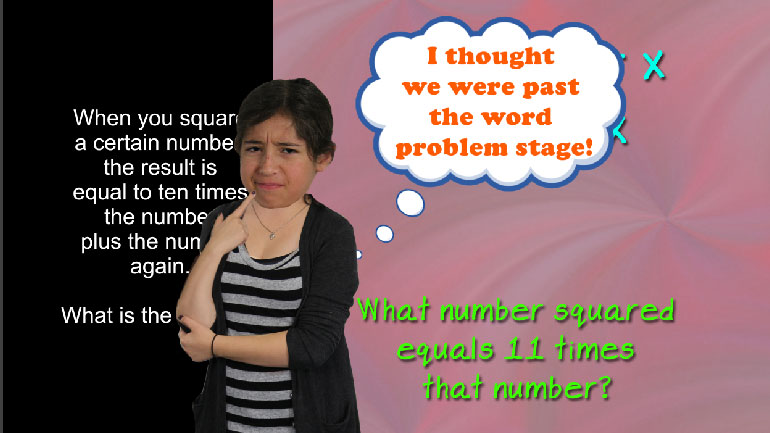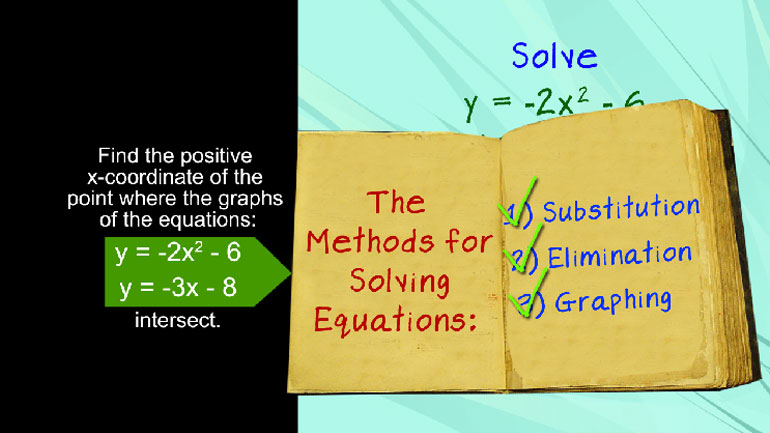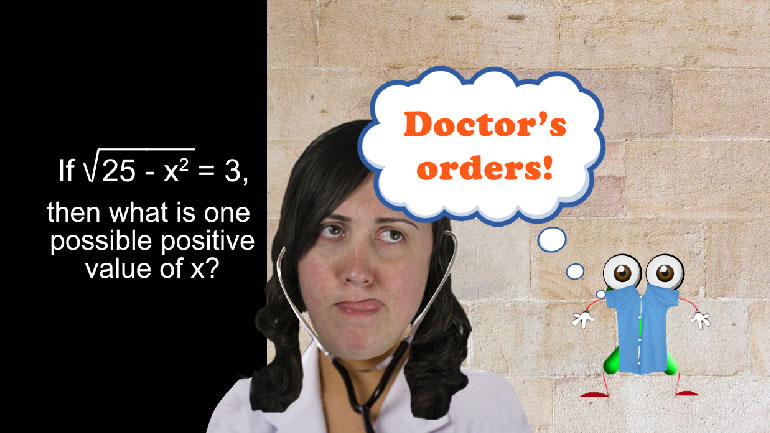ShmoopTube
Where Monty Python meets your 10th grade teacher.
Search Thousands of Shmoop Videos
Quadratic Equations Videos 11 videos
GED Math: Expression and Equations Drill 3, Problem 4. What are the roots of the quadratic equation?
GED Math: Expression and Equations Drill 4, Problem 2. Which of the following inequalities should Jabari solve in order to determine the values of...
The discriminant is part of the quadratic formula, but that doesn't mean it isn't important in its own right; in fact, once it even guest-hosted Th...
Solving Quadratic Equations by Factoring 2 1224 Views
Share It!
Description:
Special Report: One of the last Twinkies has been stolen, and it can only be recovered by factoring a quadratic equation. There’s no hurry, though. Those things last forever.
Transcript
- 00:04
Solving Quadratic Equations by Factoring, a la Shmoop.
- 00:08
Ever since your little brother saw the movie It, he's been terrified of clowns.
- 00:16
So for his eighth birthday party, you decide to get a clownÉ just to mess with him.
- 00:21
Unfortunately, the guy who shows up is not the creepy clown you were hoping for.
- 00:26
Instead, he's got the biggest smile you've ever seen.
Full Transcript
- 00:28
However, he also seems really into algebra. Which isÉ kinda creepy.
- 00:32
You decide to pursue this angle and see where it goes.
- 00:35
The clown tells you his smile can be modeled by the equation y equals x squared plus 6x
- 00:42
minus 16.
- 00:43
How wide is the clownÕs smile? This looks like a quadratic equation.
- 00:49
Let's take a look at the equation on a graph. To find the width of the clown's smile in
- 00:54
inches, we can calculate the distance between the x intercepts or roots of the parabola.
- 01:01
The x intercepts are where the parabola crosses the x axis, which means y equals 0. So let's
- 01:08
set y to 0 in our equation. y equals x squared plus 6x minus 16, which
- 01:15
equals zero.
- 01:18
To find the x values where y equals 0, we can factor the right side into the form "the
- 01:23
quantity x plus p times the quantity x plus q."
- 01:28
We can use FOIL to multiply this out. FOIL stands for First, Outer, Inner, then Last.
- 01:37
So X times X is X-squared, plusÉ
- 01:40
X times Q is "Q-X", plusÉ
- 01:43
P times x is "P-X", plusÉ
- 01:47
P times Q is "PQ".
- 01:49
Since "PX" and "QX" are like terms, we can add them together to make the quantity P plus
- 02:00
Q times X.
- 02:02
Let's look at our original equation to compare.
- 02:05
We can see that P plus Q equals 6 and P times Q equals negative 16.
- 02:12
So first, let's find two numbers that multiply together to give negative 16.
- 02:16
HereÕs a chart of all the factors of negative 16É
- 02:19
1, negative 16É negative 1, 16É
- 02:21
2, negative 8É negative 2, 8É
- 02:23
4 and negative 4.
- 02:25
We're looking for a "P plus Q" value of 6, which only works for 8 and negative 2.
- 02:33
That means X squared plus 6X minus 16 can be factored to:
- 02:37
x + 8É timesÉ x Ð 2 For the equation to equal zero, either X plus
- 02:43
8 or X minus 2 must equal zero.
- 02:47
Which means x = -8 and x = 2 So our parabola goes through the x-axis at
- 02:54
points "negative 8, zero" and "2, zero".
- 02:59
How does this relate to the clown's smile?
- 03:01
Well, the width of his smile is the distance between those two points, which is 2 minus
- 03:06
negative 8É or 10 inches. OkayÉ you decide this clown is definitely
- 03:10
creepy enough for your little brother.
- 03:11
However, your plan backfires. Instead of turning him off clowns even moreÉ
- 03:16
Éyour prank turns him ONTO algebra.
- 03:19
Great. And he was already the good-looking one.

